Tag: Python
-
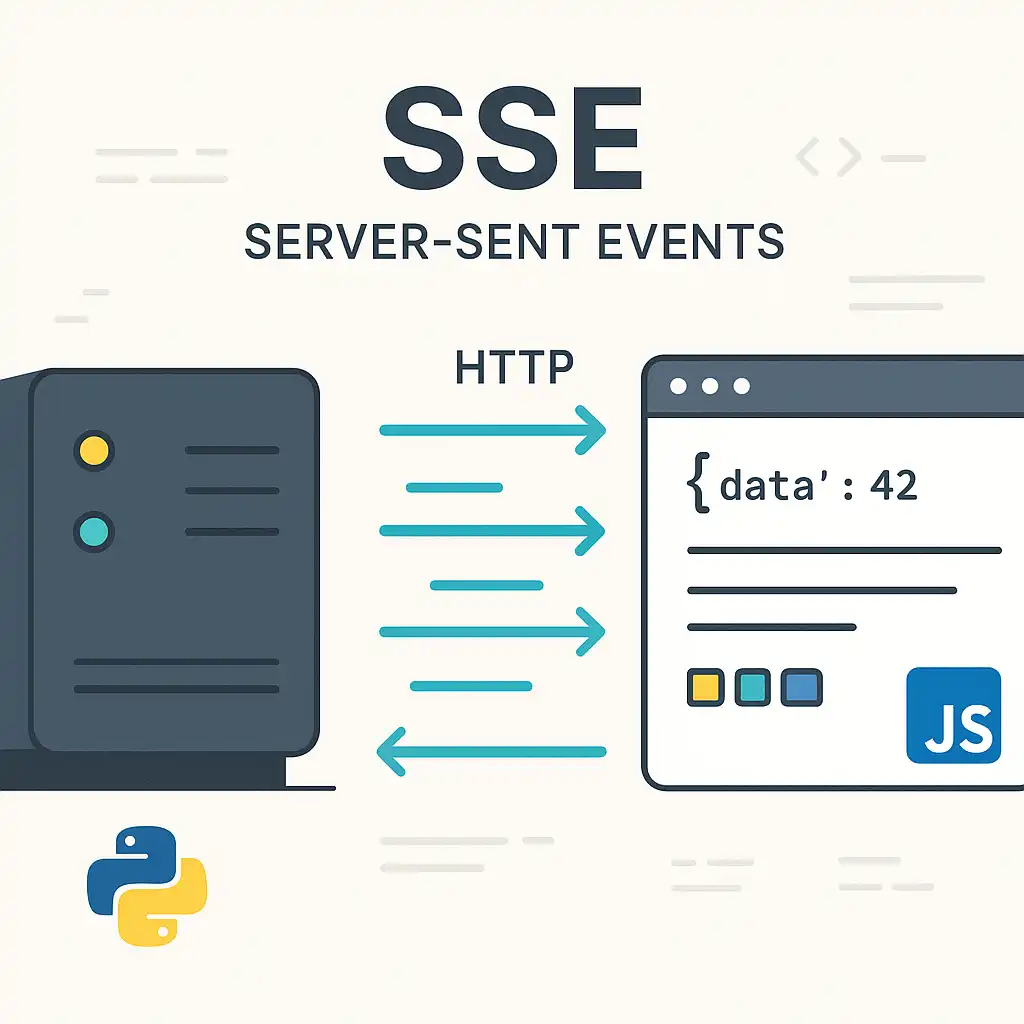
Server‑Sent Events (SSE): the simplest real‑time you’re not using
If you need live updates in the browser without the complexity of full‑duplex protocols, Server‑Sent Events (SSE) are a beautifully simple fit. As a Python-leaning engineer, I love SSE because it rides on plain HTTP, integrates cleanly with existing backends, and is ridiculously easy to consume from JavaScript and TypeScript. What SSE is (and how…
-

Demystifying Python’s logging Module: Effortless Logging for Every Project
If you’ve ever built a Python application and peppered it with print() statements to track what’s happening, you’re not alone. While print() can help in a pinch, Python’s standard logging module offers a far more robust, flexible, and professional approach to monitoring what your programs are up to. Whether you’re developing a quick script or…
-

Exploring Python’s Context Managers: Elegant Resource Management with `with`
As Python developers, we frequently work with resources like files, network connections, and database sessions—resources that need proper setup and teardown. Forgetting to release resources can lead to subtle bugs or even major application failures. Enter one of Python’s most elegant solutions: context managers and the with statement. What are Context Managers? A context manager…
-

Unlocking the Power of Python’s `concurrent.futures`: Effortless Multithreading and Multiprocessing
Python developers often face tasks that can benefit from running code in parallel—whether that’s making multiple web requests, processing large datasets, or leveraging modern multi-core CPUs. Traditionally, handling parallelism in Python meant dealing with the low-level and sometimes unwieldy threading and multiprocessing modules. Enter concurrent.futures: a high-level module that makes concurrent programming in Python simple,…
-
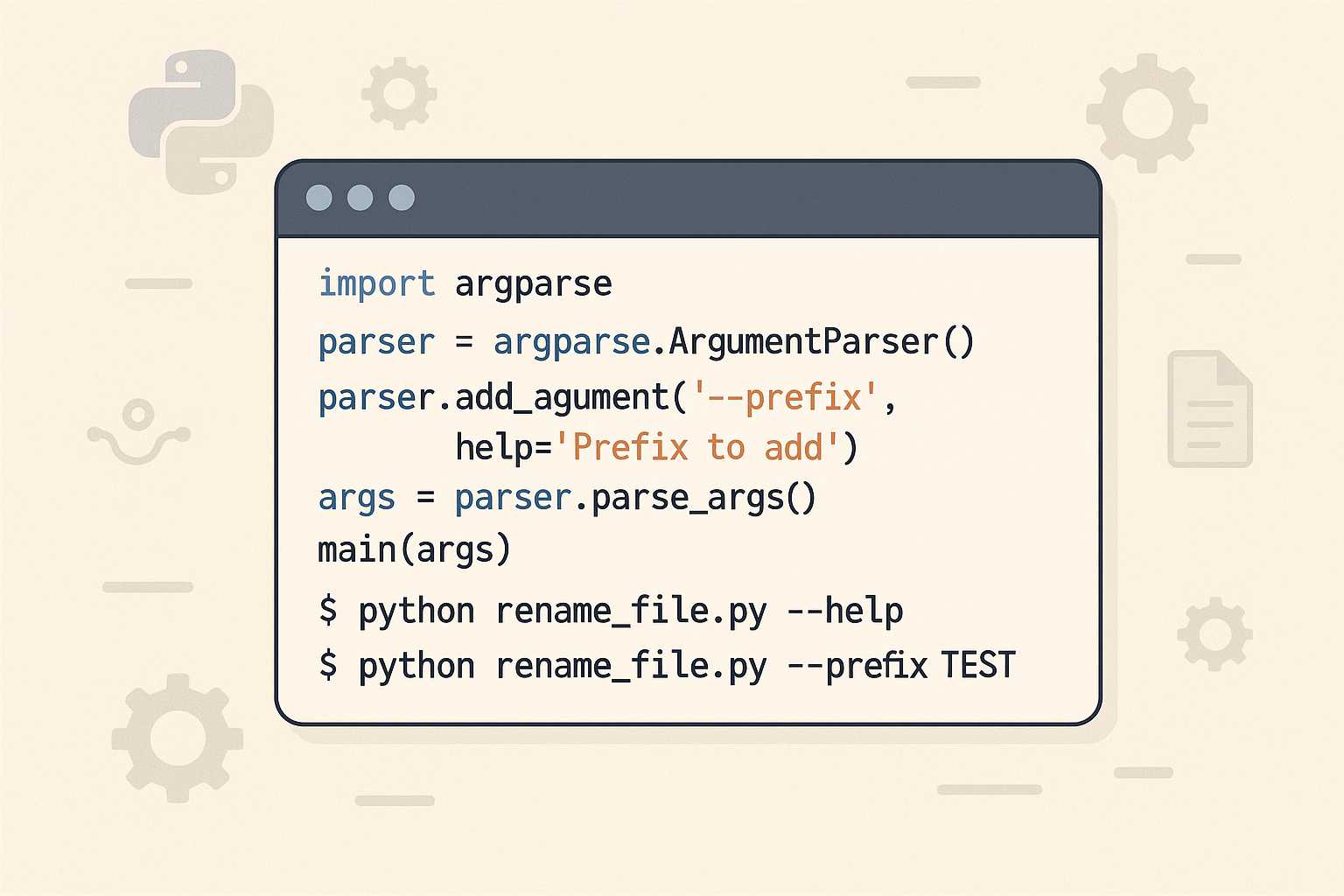
Level Up Your Command Line: Creating Custom Python Scripts with argparse
If you’ve ever found yourself running repetitive tasks in the terminal or wanted more control over how you launch Python scripts, it’s time to meet a powerful ally: the argparse module. This standard library tool unlocks the ability to build rich, user-friendly command-line interfaces (CLIs) for your Python projects—no external dependencies required! Why argparse? While…
-
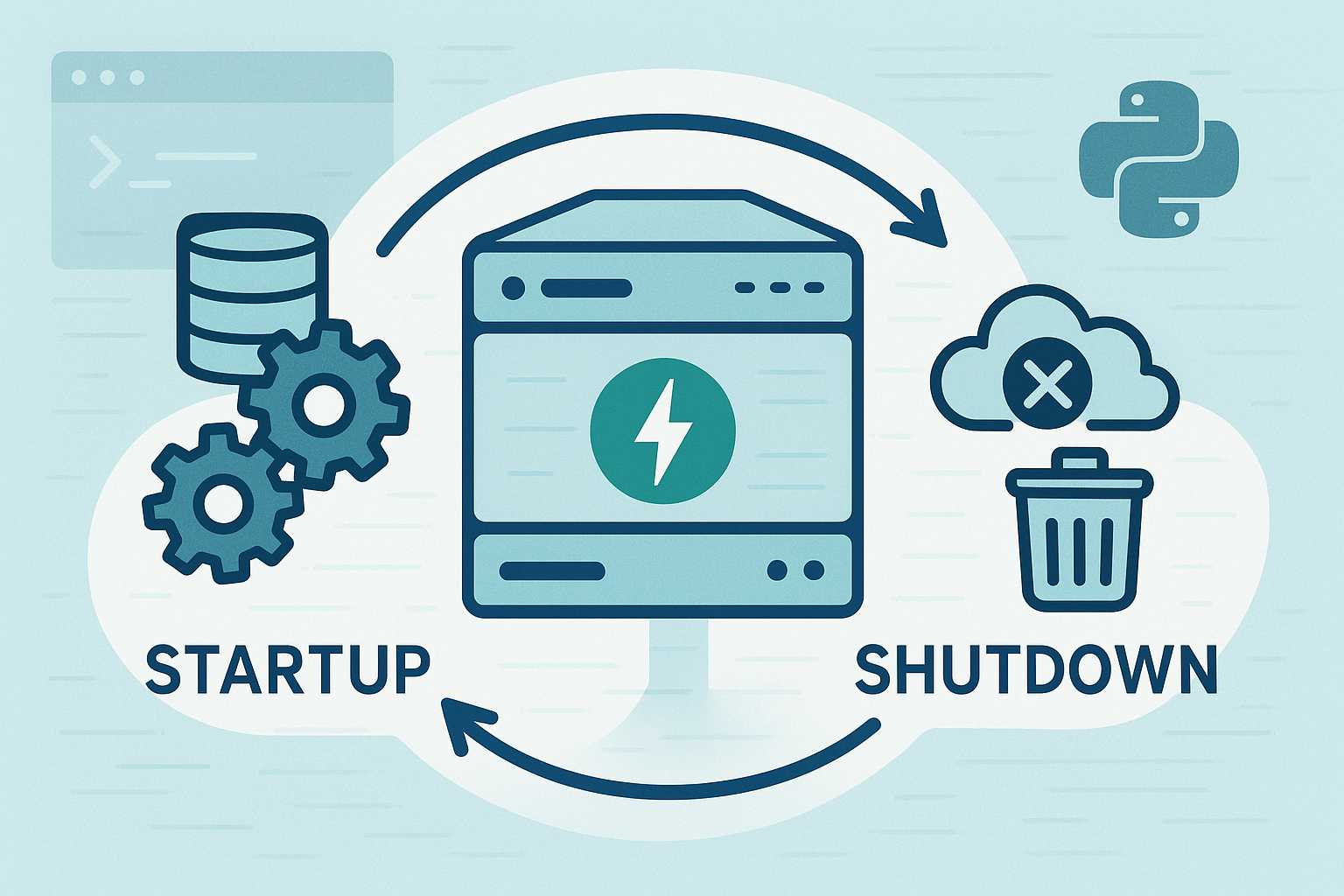
Understanding FastAPI’s Lifespan Events: Proper Initialization and Shutdown
When building robust APIs with FastAPI, it’s crucial to handle application startup and shutdown events cleanly. Whether you’re setting up a database connection, initializing background tasks, or gracefully releasing resources, FastAPI provides the lifespan interface for managing these key moments. Let’s walk through how to use lifespan events effectively, clear up some common pitfalls, and…
-
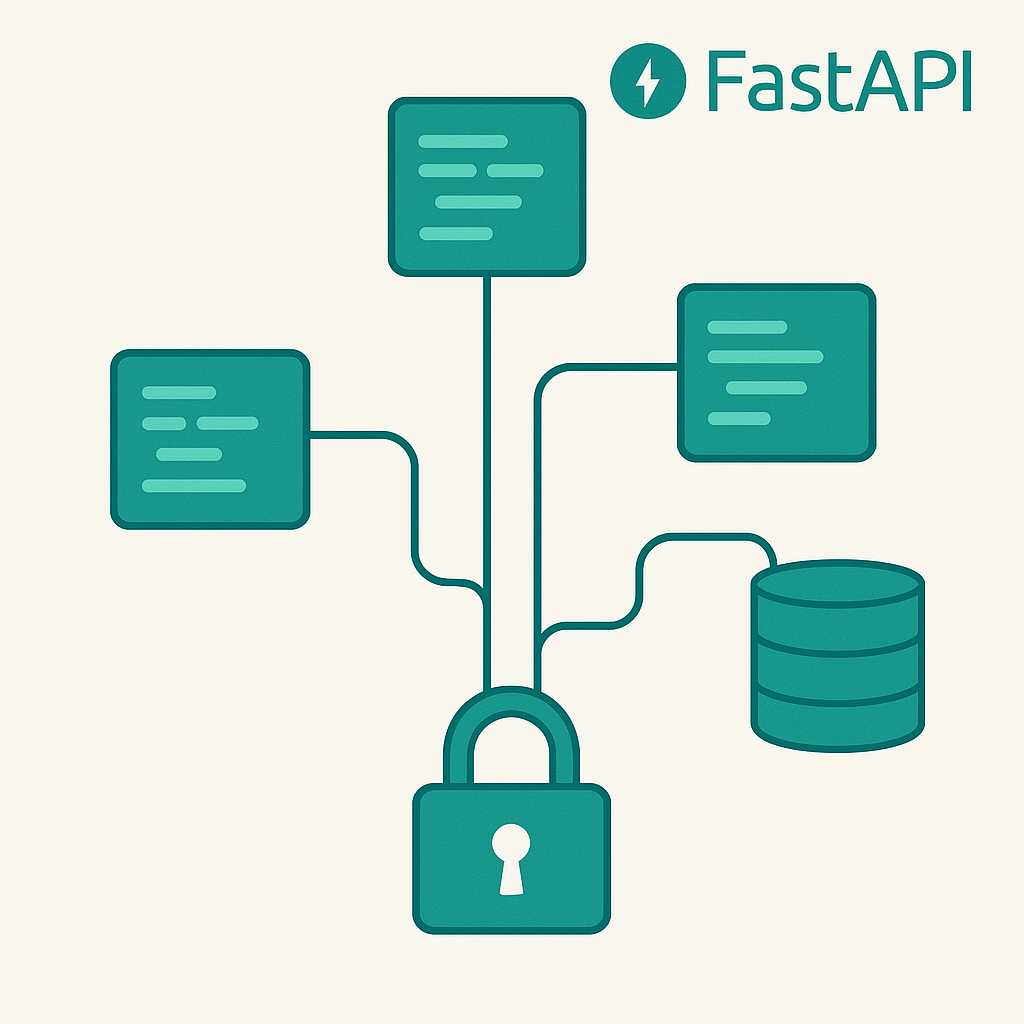
Safely Sharing FastAPI Dependencies Across Multiple Routers
FastAPI’s dependency injection system is powerful, but as your application grows and you modularize your code, it’s common to split your API into multiple routers. A question I often get is: "How can I safely share dependencies (like authentication or database access) across routers without duplicating code or causing unexpected side effects?" Let’s walk through…
-
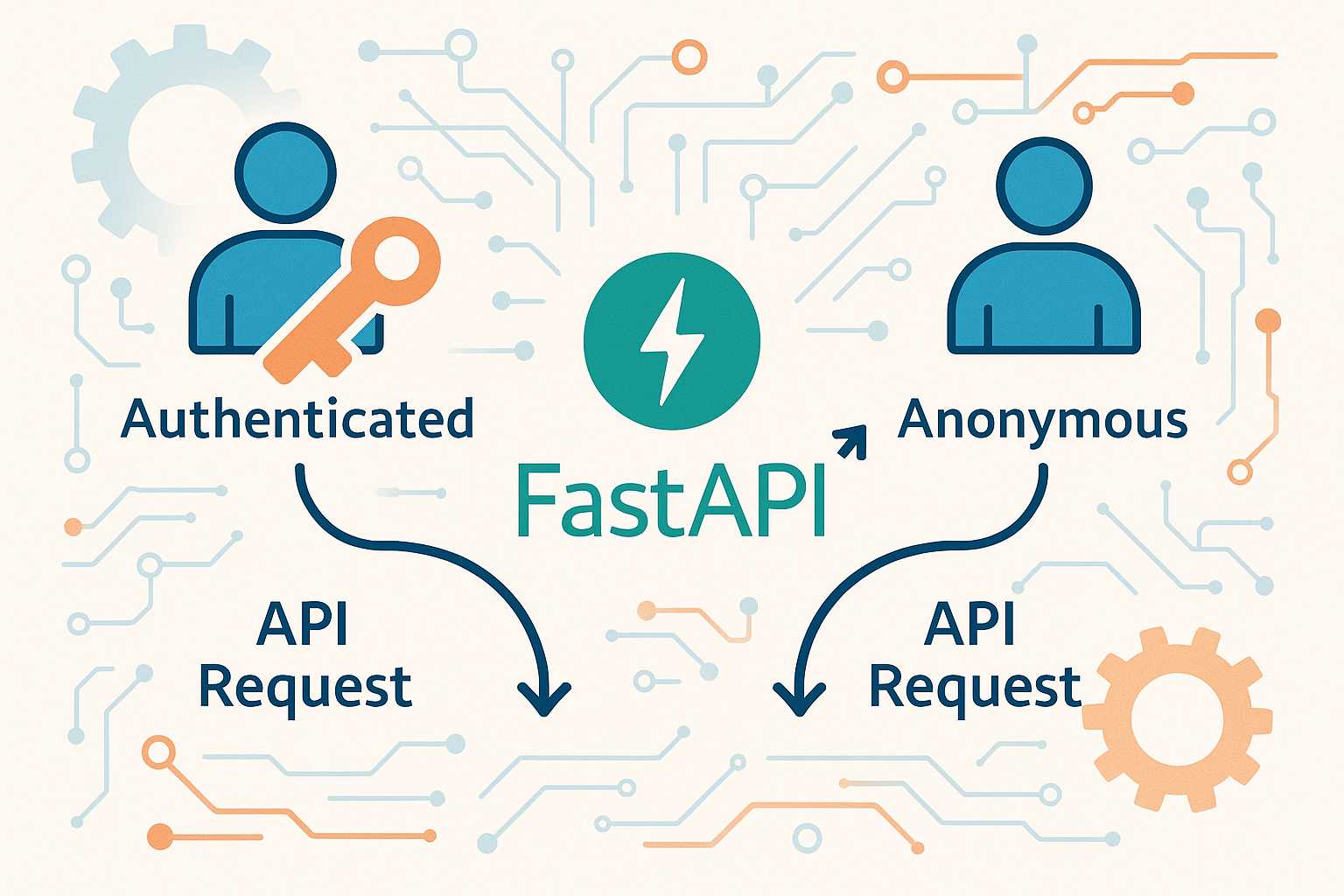
Making FastAPI Dependencies Optional: Flexible API Design Tips
FastAPI’s dependency injection system is one of its defining features, letting you elegantly manage request-scoped values, authentication, data access, and more. In many cases, dependencies are required, but sometimes you want to make them optional. Maybe your endpoint has different behavior depending on whether the client is authenticated, or perhaps you want to provide a…
-
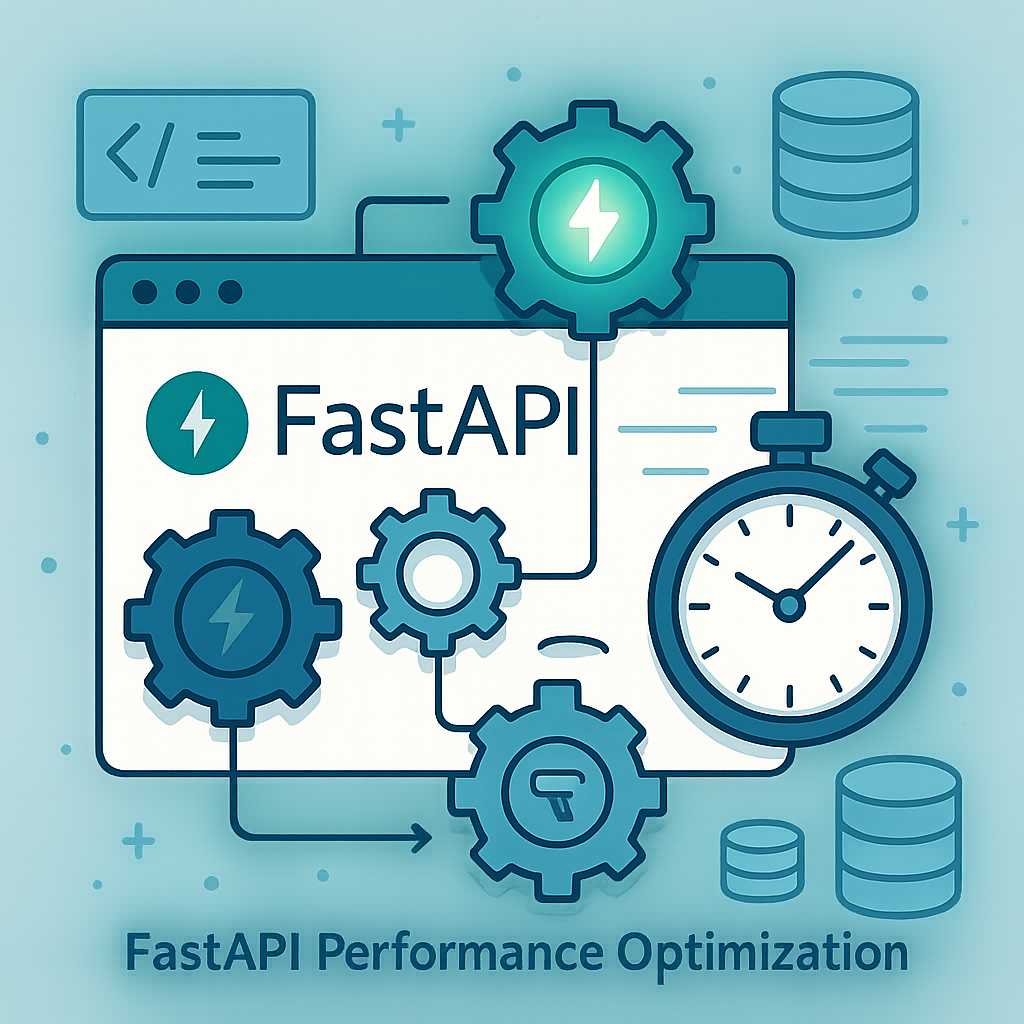
Speed Up Your FastAPI Endpoints with Dependency Caching
When building APIs with FastAPI, you’ll often use dependencies to handle authentication, database sessions, configuration, and more. But did you know that FastAPI can smartly cache these dependencies within a single request, potentially saving you time and resources? In this article, I’ll show you how to leverage dependency caching for better performance and cleaner code.…
-
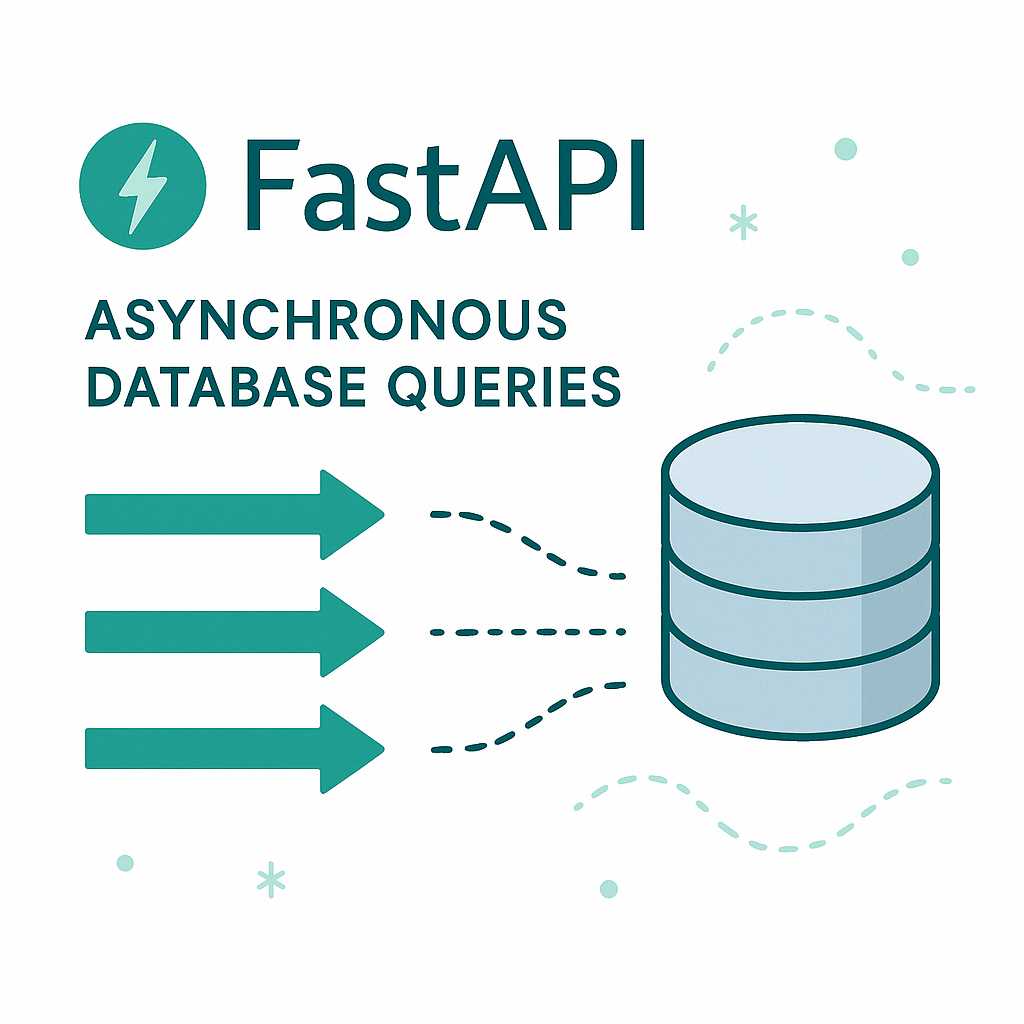
Asynchronous Database Queries in FastAPI: Getting it Right
As your FastAPI applications grow in complexity, leveraging asynchronous programming becomes essential—especially when dealing with I/O-bound operations like database queries. Yet, many developers stumble into pitfalls when trying to "go async" in their data layer. In this article, I’ll explain how to run database queries asynchronously in FastAPI, walk through best practices, and show how…
